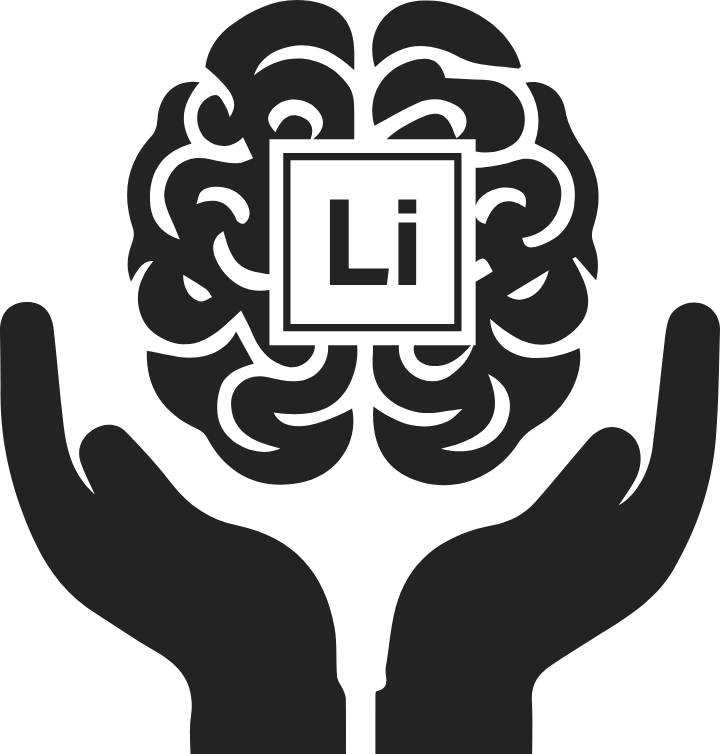Researchers at Harvard Medical School have discovered a relatively simple yet profound potential treatment for dementia. They found that dissipating levels of lithium may cause cognitive decline — and that small doses of the metal could restore brain health.
The study, reported Wednesday in the journal Nature, could foretell enormous impacts for the world’s aging population. An estimated 55 million people worldwide, including 6 million in the United States, have been diagnosed with Alzheimer’s or another form of dementia. The disease kills about 100,000 Americans every year, according to the National Institutes of Health.
“This is groundbreaking,” Ashley Bush, a neuroscientist at the University of Melbourne in Australia, told Nature. “We only recently have the first disease-modifying drugs for Alzheimer’s disease.”
Unlike those drugs, which attack protein fragments called amyloid plaques that accumulate in the brain, Bush said, “this approach targets all the major pathologies of concern in the disease.”
Study performed on mice
Unbiased. Straight Facts.TM
An estimated 55 million people worldwide, including 6 million Americans, have been diagnosed with Alzheimer’s disease and other forms of dementia. New research suggests the metal lithium may reverse cognitive decline and promote brain health.
The seven-year study examined the effects of declining concentrations of lithium in the brains of mice. Lithium naturally exists in human brains.
The researchers found that when lithium concentrations in the brains of mice decline, memory loss tends to occur. At the same time, amyloid plaques tend to accumulate, as do neurofibrillary tangles. Those are abnormal accumulations of the protein tau that can disrupt the functioning of neurons in the brain.
According to Nature, the researchers treated the mice with a lithium supplement to reverse the neurological changes. The result was a restoration of memory and overall brain health.
It is too soon, however, to conclude that a similar supplement could prevent or reverse dementia in humans, Bruce Yankner, who led the research team, told The Washington Post. Yankner, a professor of genetics and neurology at Harvard Medical School, said that while his team is optimistic, their findings need to be confirmed by other labs.
“I do not recommend that people take lithium at this point, because it has not been validated as a treatment in humans,” Yankner said. “We always have to be cautious because things can change as you go from mice to humans.”
Hope for other disorders
For years, scientists have been studying the connections between lithium and dementia. A Danish study found that people exposed to the lowest levels of lithium in their drinking water were 17% more likely to be diagnosed with dementia than those whose water contained the highest safe levels of the metal.
However, people exposed to intermediate levels of lithium were also more likely to develop dementia than those with the lowest levels, according to the Alzheimer’s Society.
Lithium once was commonly used to treat bipolar disorder but has mostly been displaced by newer generations of mood stabilizers and antipsychotic medications. High doses of lithium can harm the kidneys and the thyroid.
The Harvard researchers say their findings could offer hope for treating other neurological disorders, such as Parkinson’s disease.
“That needs to be rigorously examined,” Yankner told the Post. “But we’re looking at a whole slew of disorders.”
Click this link for the original source of this article.
Author: Alan Judd
This content is courtesy of, and owned and copyrighted by, https://straightarrownews.com and its author. This content is made available by use of the public RSS feed offered by the host site and is used for educational purposes only. If you are the author or represent the host site and would like this content removed now and in the future, please contact USSANews.com using the email address in the Contact page found in the website menu.








